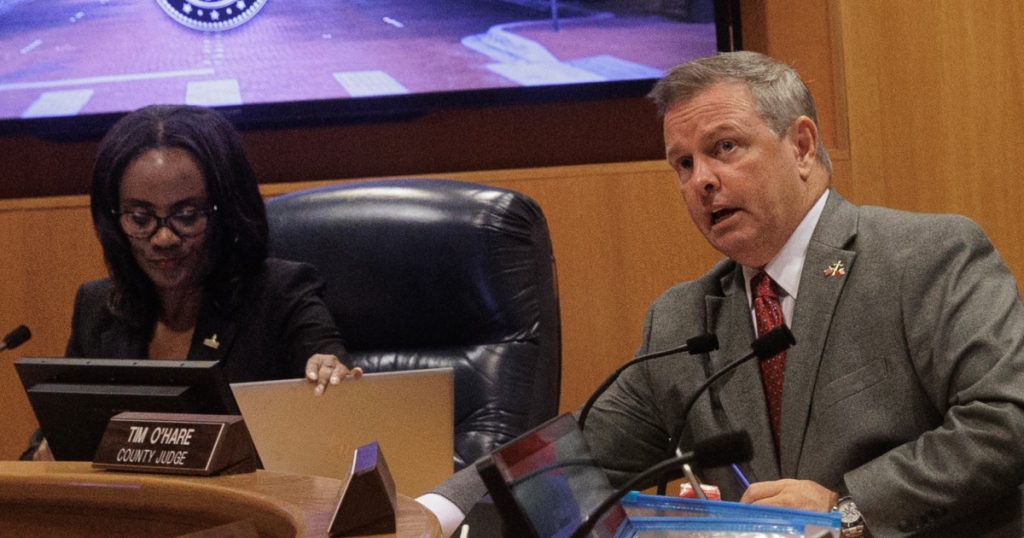The Tarrant County Commissioners Court has recently approved new rules regarding unclaimed bodies for medical research after an NBC News investigation brought to light questionable practices involving the University of North Texas Health Science Center in Fort Worth. Previously, the Health Science Center had been given unclaimed bodies without consent from families, leading to the remains being cut up and leased out for various purposes. The revamped rules now require officials to make extensive efforts to contact relatives before the bodies can be cremated or buried by the county. This change comes after Tarrant County commissioners discussed terminating their agreement with the Health Science Center, marking a shift in how unclaimed bodies are handled in the region.
The decision to implement these new policies was made to align the county’s practices with ethical standards, as opposed to relying on the Health Science Center to handle their business. The new policy brings the responsibility of contacting deceased individuals’ families and handling cremations back to the county, albeit at an estimated cost of $675,000 annually. While officials had previously defended sending unclaimed bodies to the Health Science Center as a means to improve medical knowledge and care, the NBC News investigation uncovered failures in contacting relatives who were reachable before their bodies were claimed as unclaimed. The Commissioners Court approved the new policy without public discussion of the specifics of the plan or its related costs.
The policy now mandates that the county make efforts to reach deceased individuals’ relatives using all available means and information before declaring them unclaimed. This includes detailed documentation of the attempts made by funeral homes, medical facilities, and nursing homes to contact family members. Only after a set period of time has passed and all efforts have been exhausted can the county proceed with cremation or burial of the bodies. The revamped rules give preference to cremation due to its cost-effectiveness, but burial is allowed under certain circumstances, such as if the deceased person’s religion forbids cremation or if the family objects to it.
A bioethicist from the University of Texas at Arlington, Eli Shupe, played a role in shaping the new policy and voiced approval of the changes, although she would have preferred burial as the default option. The practice of using unclaimed bodies for medical research, while legal, has faced criticism in the medical ethics community, with calls for greater respect and dignity towards human specimens being dissected and studied. The NBC News investigation revealed that the Health Science Center had received a significant number of unclaimed bodies from Tarrant and Dallas counties in the past five years, raising concerns about consent and ethical considerations in the handling of the deceased individuals.
One particular case highlighted in the article involves Dale Leggett, whose body was given to the Health Science Center without consent and subsequently leased out. His brother, Tim Leggett, only learned about this after the NBC News investigation, causing outrage and distress. Despite still waiting to hear about the location of his brother’s remains, Tim Leggett expressed relief that Tarrant County is taking steps to prevent similar failures in the future. The article emphasizes the importance of honoring the dignity and memory of deceased individuals while highlighting the need for greater ethical oversight in how unclaimed bodies are handled for medical research purposes.













